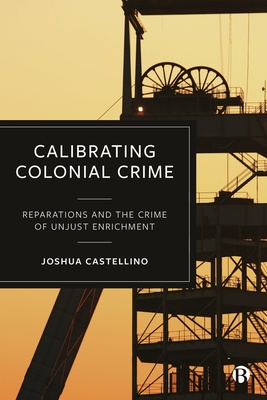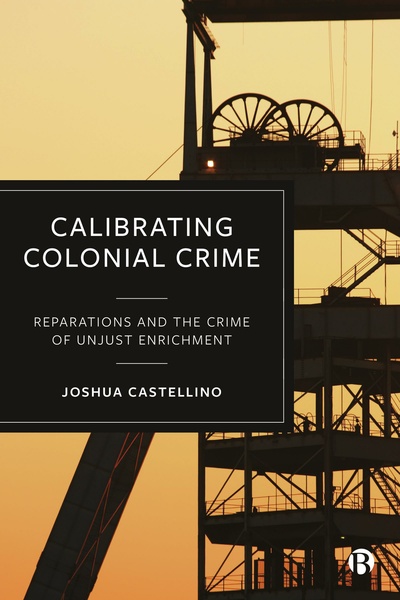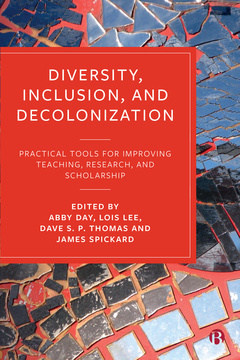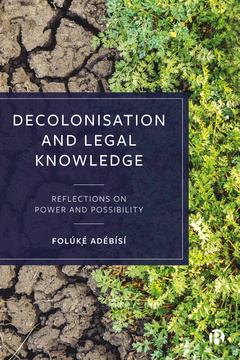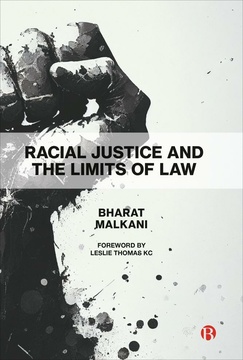Published
Jul 4, 2024Page count
184 pagesISBN
978-1529241822Dimensions
234 x 156 mmImprint
Bristol University PressPublished
Jul 4, 2024Page count
184 pagesISBN
978-1529241877Dimensions
234 x 156 mmImprint
Bristol University PressPublished
Jul 4, 2024Page count
184 pagesISBN
978-1529241877Dimensions
234 x 156 mmImprint
Bristol University PressThis profound book by leading socio-legal scholar Joshua Castellino offers a fresh perspective on the lingering legacies of colonization.
While decolonization liberated territories, it left the root causes of historical injustice unaddressed. Governance change did not address past wrongs and transferred injustice through political and financial architectures.
Castellino presents a five-point plan aimed at system redress through reparations that addresses the colonially induced climate crisis through equitable and sustainable means.
In highlighting the structural legacy of colonial crimes, Castellino provides insights into the complexities of contemporary societies, showing how legal frameworks could foster a fairer, more just world.
"In this engaging and erudite book, Castellino argues that reparation for colonial crimes is both necessary and feasible. Employing an invigorated interpretation of the international crime of unjust enrichment, he sets out a persuasive basis for reparation on legal as well as historical grounds." John H. Knox, Wake Forest University School of Law
"Blending academic legal insights with political-legal experiences of a practitioner, Joshua Castellino develops a visionary approach to climate policy with colonial injustices, reparations and indigenous rights at its core." Wolfgang Kaleck, General Secretary of the ECCHR
Joshua Castellino is Co-Executive Director at the Minority Rights Group International and Professor of International and Comparative Law at the University of Derby. He is Visiting Professor at the College of Europe Natolin and at Oxford University.
Introduction
Part 1: Colonial Crime: Challenges, Classification & Cures
1. Combatting the Challenge of Colonial Crime: Ten Hurdles
2. Classifying Colonial Crime: Seven Deadly Sins
3. Curing Cancer: A Five Point Plan to Address Colonial Crime
Part 2: Extraction, Enrichment & Exploitation: Addressing the Tipping Point of Climate Change Through Colonial Crime
4. Colonial Crime, Environmental Destruction & Indigenous Peoples: A Roadmap to Accountability and Protection
5. Financing System Change: a Recovery-Based International Law Response to Colonial Crime
6. From Vicious Cycle to Virtuous Circle







